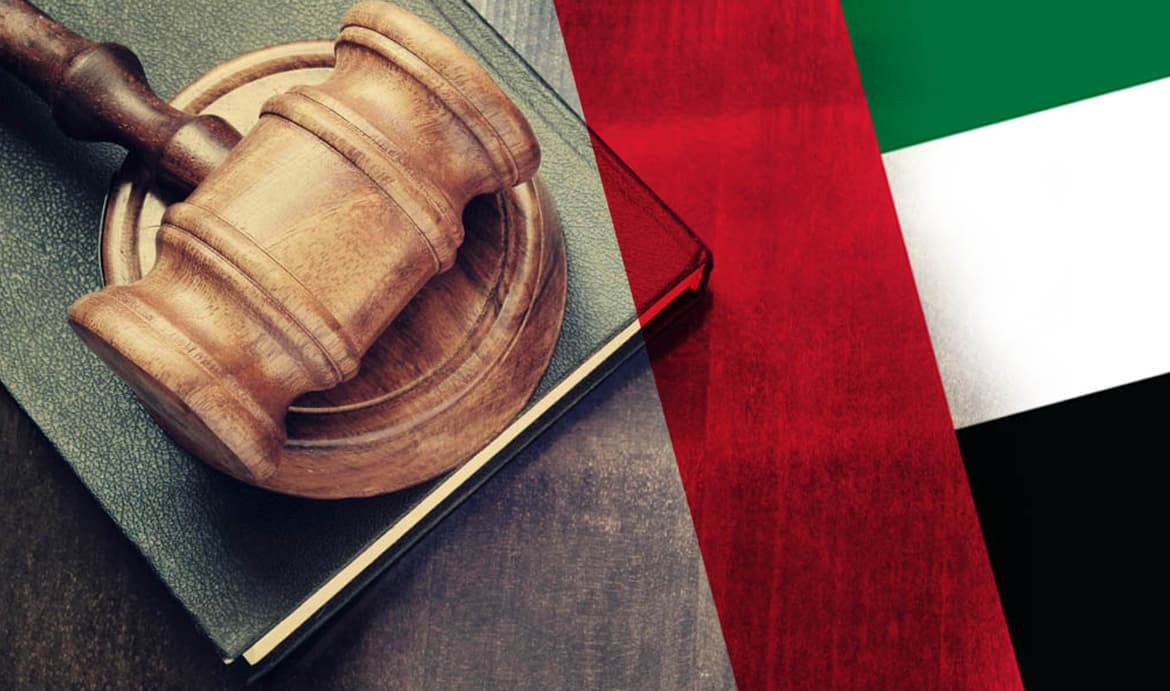
Overview of Civil Transactions Law and Civil Procedure Law: Key Provisions, Recent Updates
Understanding UAE’s evolving legal framework: Key insights on civil transactions and procedure laws
The UAE Civil Transactions Law, Federal Law No. 5 of 1985, is the primary legal framework governing civil and commercial transactions in the United Arab Emirates.
It regulates contractual relationships, property rights, and tortious claims, combining traditional Islamic principles with modern legal standards.
While, the UAE Civil Procedure Law, established by Federal Decree-Law No. 42 of 2022, governs civil litigation procedures in the UAE. Replacing Federal Law No. 11 of 1992, it introduces updates for greater procedural efficiency and clarity.
Key Provisions of the UAE Civil Transactions Law
Contract Formation: Defines the essential elements for a valid contract, including mutual consent, lawful object and a legal cause.
Contract Interpretation: Emphasises interpreting contracts based on the parties' intentions rather than literal meanings.
Performance of Contracts: Addresses obligations and the requirement for good faith in fulfilling contractual duties.
Non-Performance and Remedies: Details remedies for non-performance, including claims for damages and specific performance.
Property Rights: Regulates ownership, transfer and related rights for real estate and movable property.
Obligations Arising from Torts: Covers liability for wrongful acts and compensation for damages.
Contracts for Sale: Governs the sale of goods, including contract formation, delivery, and handling defects.
Lease Agreements: Regulates lease contracts, outlining landlords' and tenants' rights and responsibilities.
Agency Agreements: Provides rules for agency relationships, including agents' authority and obligations.
Insurance Contracts: Details provisions for insurance contracts, including rights, obligations and claims processes.
Key Provisions of the UAE Civil Procedure Law
Jurisdiction: Defines the scope of UAE courts' jurisdiction for various civil cases.
Filing of Lawsuits: Details the process for initiating legal proceedings, including required documentation and procedural steps.
Service of Process: Outlines methods for serving legal documents, including service outside the UAE.
Evidence and Hearings: Regulates evidence presentation and court hearings, including standards for admissibility.
Judgment and Execution: Covers procedures for issuing and enforcing court judgments.
Appeals: Provides the framework for appealing judgments, including time limits and procedural requirements.
Interim Measures: Allows for temporary measures, such as injunctions or attachments, during litigation.
Costs and Fees: Addresses court costs and legal fees, including provisions for cost recovery.
Remote Proceedings: Introduces provisions for remote communication technologies to enhance accessibility.
Special Procedures: Defines specific procedural rules for certain case types, such as commercial or family law matters.
Overview of UAE Civil Transactions Law and UAE Civil Procedure Law
Contractual disputes in the UAE are primarily settled based on contract interpretation. UAE courts apply established principles found in Chapter 4 of the Civil Transactions Act (Civil Code) under "Construction of Contracts." The terms 'construction' and 'interpretation' are used interchangeably.
Federal Law 42 of 2022, the new civil procedure law, consolidates and replaces Federal Law No. 11 of 1992 and its executive regulations under Cabinet Resolution No. 57 of 2018. It came into effect on January 2, 2023.
Significant Changes Under the New Law
Service Outside the Jurisdiction: Article 11(2) mandates that service outside the jurisdiction must occur within 21 working days from the date the Ministry of Foreign Affairs sends the notice and/or documents to the diplomatic mission in the foreign country.
Cheques as Enforceable Instruments: Article 212 lists enforceable instruments, including judgments and settlement agreements. Article 143(2) confirms that cheques are enforceable instruments, aligning with Federal Law No. 14 of 2020, which decriminalized bounced cheques. Enforcement files for dishonored cheques can now be opened directly.
Court of Appeal: Articles 167(2) and (3) grant the Court of Appeal new powers to filter appeals, allowing for an 'in chambers' review and a 20-working-day period to issue a reasoned decision or set a hearing.
Appeals to Cassation: The time limit for cassation appeals is reduced to 30 days (previously 60). This applies only to cassations filed after January 2, 2023.
Objective or Subjective Method of Construction
In interpreting contracts, UAE judges may determine the parties' subjective intent or consider external acts objectively. Unlike common law traditions, which use a 'reasonable man' standard, the UAE Civil Transactions Act uses a subjective test to ascertain the parties' real intentions.
Rules of Construction
Plain Expressions: If a contract's expression is clear and aligns with the parties' true intentions, no further interpretation is needed. If it does not reflect their true will, the judge may interpret it to match their real intention.
Ambiguous Expressions: For ambiguous expressions, Article 265(2) states that the common intention of the parties should be considered, focusing on more than just the literal meaning. This aligns with the parole evidence rule, which allows only the contract itself for interpretation.
Construction in Case of Doubt: Article 266 states that doubt should be construed in favour of the debtor, as a residual rule after other interpretation methods are exhausted.
Conclusion
The UAE Civil Transactions Act provides a general framework for contract interpretation, with courts typically adhering to statutory provisions. However, these rules are guidelines and can be modified or excluded by agreement.
Litigation procedures in the UAE are governed by federal laws, with civil procedures regulated by Federal Decree-Law No. 42 of 2022. Criminal procedures are covered by Federal Decree-Law No. 38 of 2022, detailing investigation methods, trial procedures, and judgment enforcement.